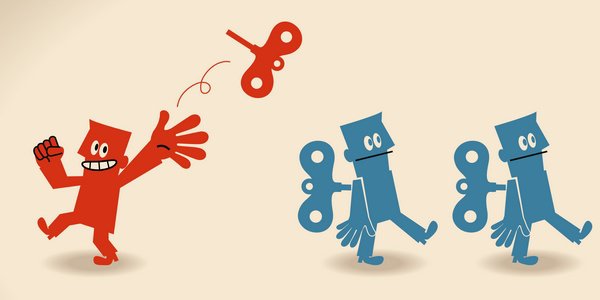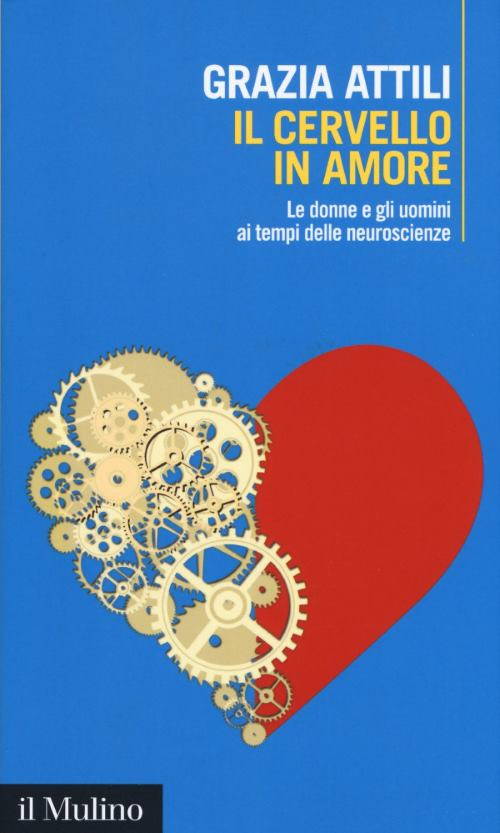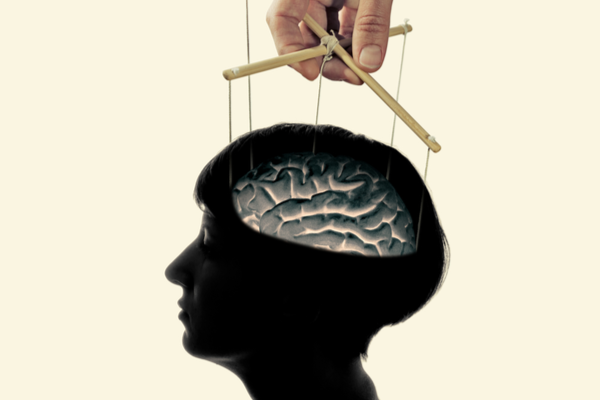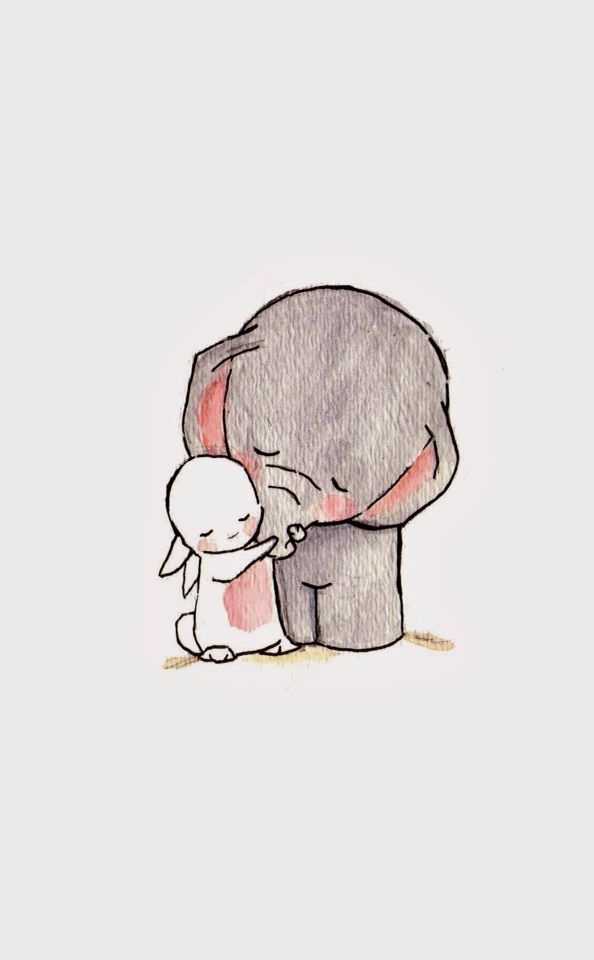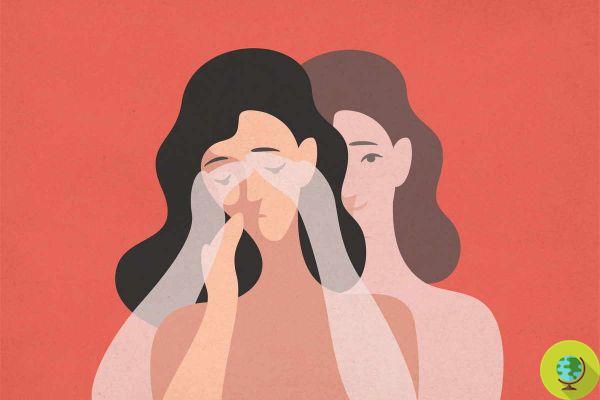
Toxic positivity has received a great deal of attention in recent times. But what exactly is it and how can we avoid it?
Don't store avocado like this: it's dangerousLa toxic positivity it has received a great deal of attention in recent times. But what exactly is it and how can we avoid it?
Who would have thought that chasing happiness is the quickest way to unhappiness? That's right: the more we recognize the beneficial value of happiness, the more our spasmodic pursuit of well-being and a positive attitude can turn against us, only leading to more unhappiness.
Not a few studies have shown that, when people value their happiness, it can lead to a greater occurrence of negative feelings - especially in those contexts where they are expected to be happy.
This tendency to "expect happiness" and then feel disappointed (perhaps blaming oneself for not feeling really happy) is linked to depressive symptoms and a bad physical state. The feeling of unhappiness, in practice, derives from the disconnect between an objectively positive situation and our actual state of mind, which is instead negative: for example, Why do we feel sad and lonely when we are surrounded by people who love us? Or why are we dissatisfied from a job point of view if we do the work we wanted to do and for which we have worked so hard? Our mind ends up denying and ignoring any negative emotion, because it is unjustified: we must be happy at any cost.
(Also Read: Researchers Discover the Secret of Happiness in These Two Super Simple Things You Should Do Every Day)
To understand the mechanisms of happiness in our mind and avoid falling into despair, some researchers have measured two approaches related to the pursuit of happiness: value happiness and prioritize positivity. People who rate happiness agree with phrases like I take care of my happiness, even when I feel happy or If I don't feel happy, maybe there is something wrong with me. On the other hand, people who prioritize happiness agree with phrases such as I organize my days to maximize my happiness or I seek and cultivate my positive emotions.
Parameters were also included in the study to assess how uncomfortable people felt with their negative emotions: to do this, the researchers proposed that participants agree (or disagree) with phrases such as I see myself failing if I feel anxious. or depressed or I feel less myself if I feel anxious or depressed.
People who expect to be happy (that is, who place great value on happiness) are the ones who they tend to see their negative emotions as a sign of failure in life and, therefore, they are unable to accept them. On the other hand, people who indirectly pursue happiness (i.e. those who prioritize positive attitudes) they seem to accept negative emotions more and do not see them as a failure.
What emerges is that, when people believe they need to maintain high levels of positivity and happiness at all times in order for their life to be worth living (or because they fear the judgment of others), they don't react rightly to negative emotions: they fight against these feelings and try to deny them rather than accept them as part of life. Having a positive attitude, on the other hand, leads to an opposite reaction in the face of negative emotions: feeling down or stressed is not in contrast with the pursuit of happiness.
So what makes positivity "toxic" is not the positive attitude per se. Rather, it is how a person relates to happiness that causes different responses to life's inevitable negative experiences. The prospect of experiencing pain, loss, suffering or disappointment in life is inevitable: there will be many times when we will feel depressed, anxious, scared or lonely - it is part of life. What matters and can make a difference is the way we react to these emotions: do we immerse ourselves in them and simply accept them for what they are, that is, part of our existence, or do we try to escape from them and avoid them? Learning to manage bad times is really the key to happiness.
Follow your Telegram | Instagram | Facebook | TikTok | Youtube
Fonti: The Journal of Positive Psychology / The Conversation
We also recommend:
- Because money doesn't really bring happiness. The Easterlin paradox
- If you recognize yourself in more than half of these 10 signs, perhaps you have truly found the key to happiness
- If you feel sad or depressed when you think about the climate crisis, you may be suffering from solastalgia




